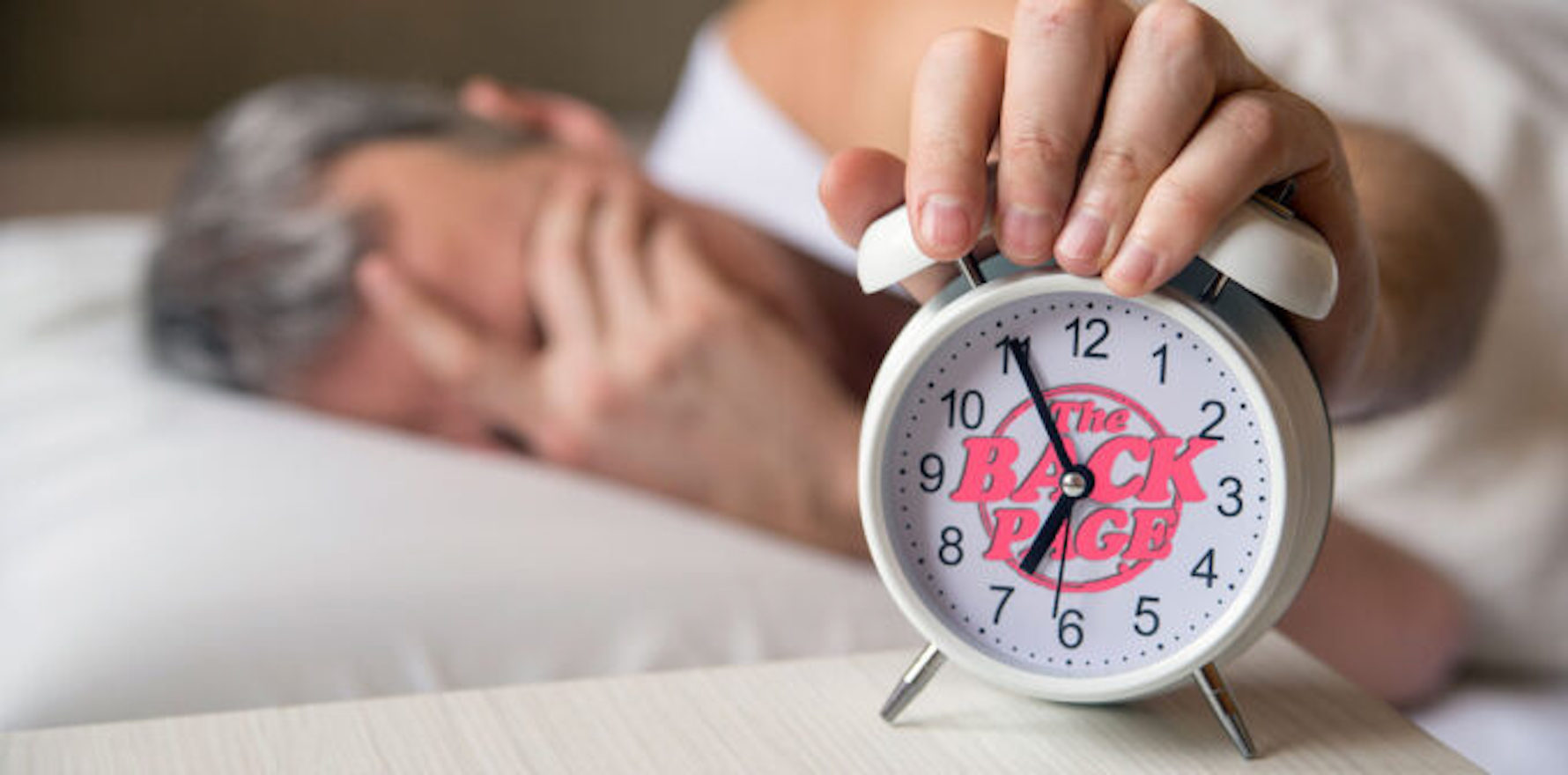Physical activity is associated with better cognitive performance, but nothing can make up for a lack of snooze time.
Sleep that knits up the ravell’d sleave of care may also be the single biggest factor in keeping our cognitive abilities from falling apart as we age.
According to a new study in the Lancet, even high levels of physical activity cannot stave off cognitive decline in people who are falling short in the balm of hurt minds department.
The relationship between sleep, physical activity (PA) and cognition is complicated, the authors say – sleep and activity are positively associated, but may influence cognition differently.
They cite a previously published review which found that sufficient PA might compensate for short sleep, and vice versa, when it came to cognition. But these were small, cross-sectional studies; when the authors went bigger and longitudinal, that’s not what they found.
They looked at nearly 9000 people aged 50+ who took part in the large-scale ELSA study at two time points about 10 years apart. Self-reported PA was classed into tertiles and self-reported sleep into short (less than six hours), optimal (6-8h) and long (8h+). Cognitive function was tested with a word memory task and an animal naming task (people with impaired cognition at baseline were excluded).
Optimal sleep and higher PA were independently associated with better cognitive performance than either short or long sleep and lower PA.
At baseline, those with high PA and optimal sleep performed better than those with lower PA in any sleep category, though optimal sleep made up some of the gap.
The most active performed the same across all sleep categories at baseline.
Then the results get more nuanced. Among those who were younger at baseline, i.e. 50 and 60, exercise did nothing to stop or slow the cognitive decline associated with not enough sleep. Those with short sleep, even the most active, declined more rapidly over time, until after 10 years their scores were no better than those with lower PA and short sleep. For those who were 70 when the study began, however, the cognitive benefits of high PA were maintained over followup.
And while long sleep wasn’t an advantage at baseline, those with higher PA and long sleep declined less rapidly than those with higher PA and optimal sleep – though when the sexes were analysed separately this result held only for men.
As to what’s going on behind the results, the authors speculate: “Physical activity might act through neurotransmitters such as insulin-like growth factor or brain-derived neurotrophic factor to increase plasticity in the hippocampus, improving memory performance, whereas sleep might influence cognitive function through its effects on acetylcholine concentrations and memory consolidation.”
The takeaway is that prescribing exercise for better cognitive health is good, but may not be enough if you ignore those ravell’d sleaves.
Send story tips to penny@medicalrepublic.com.au – you’ll sleep better at night.


